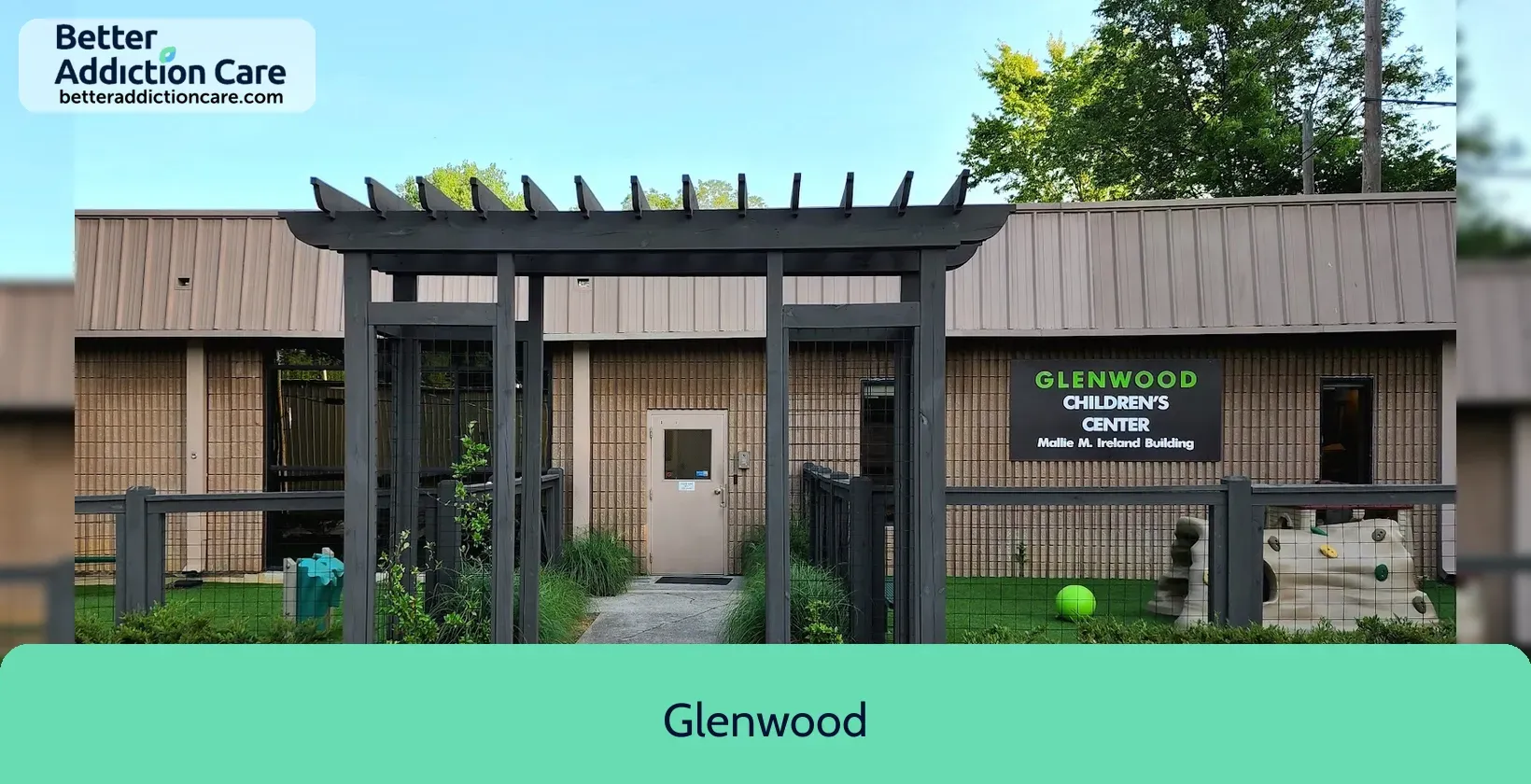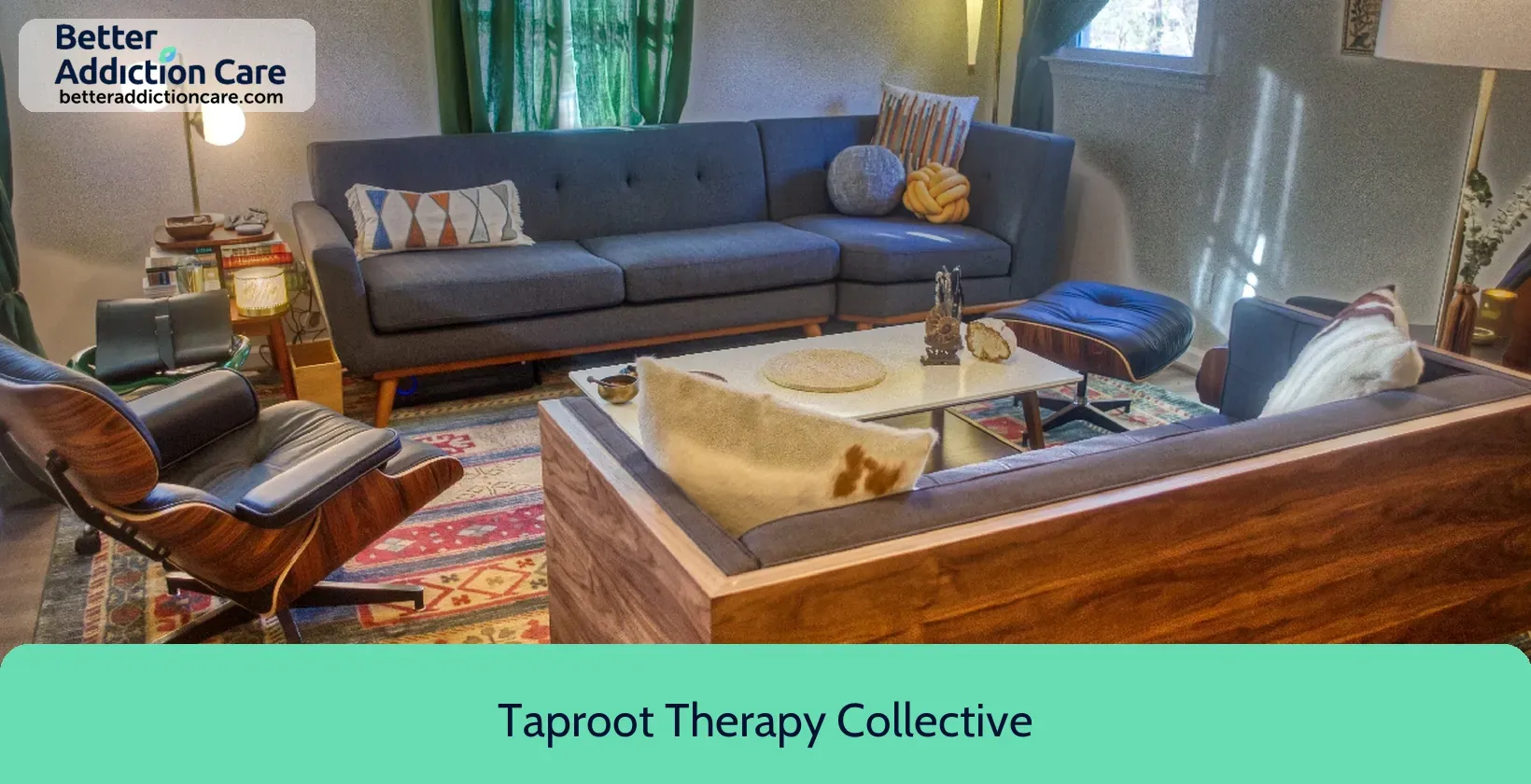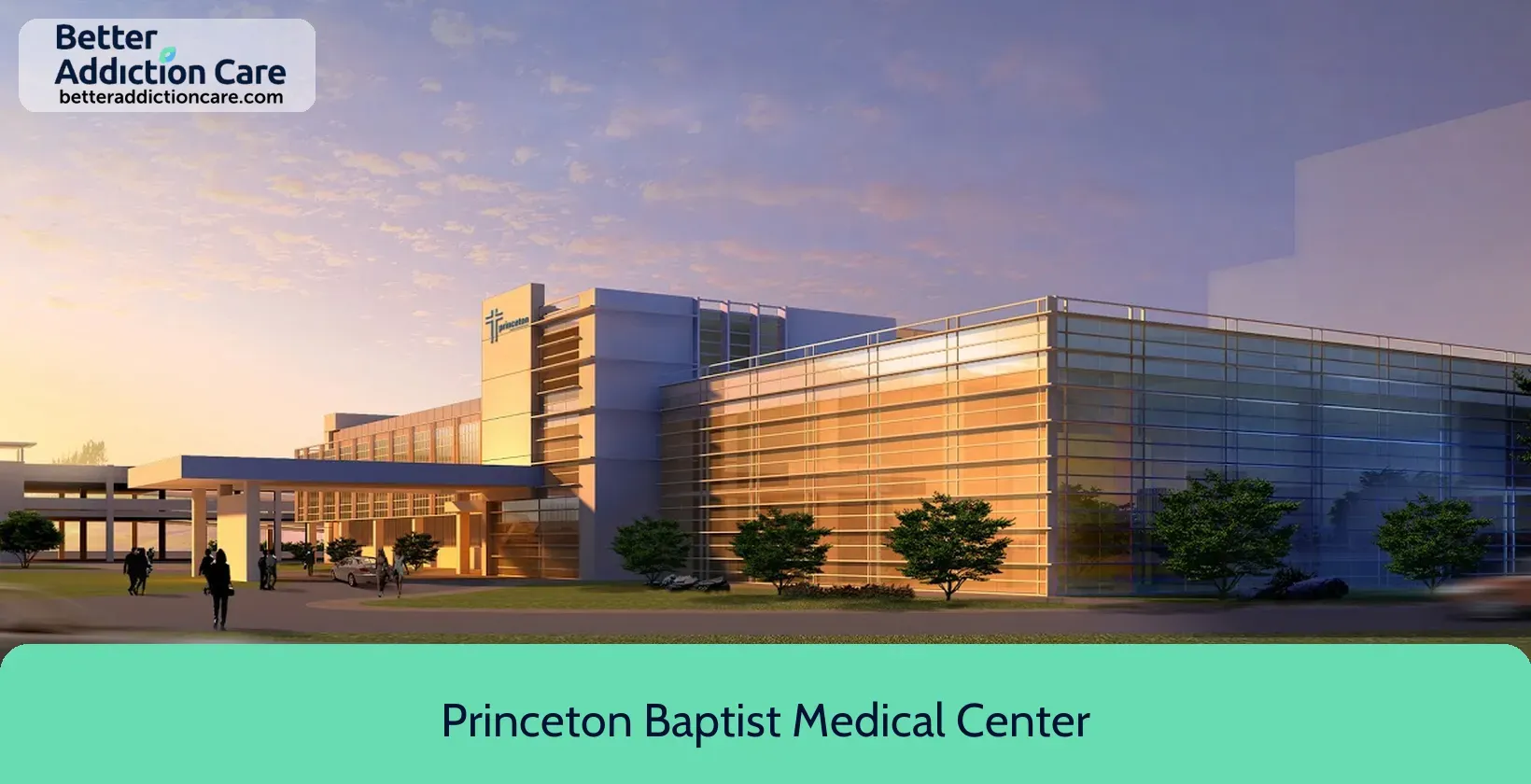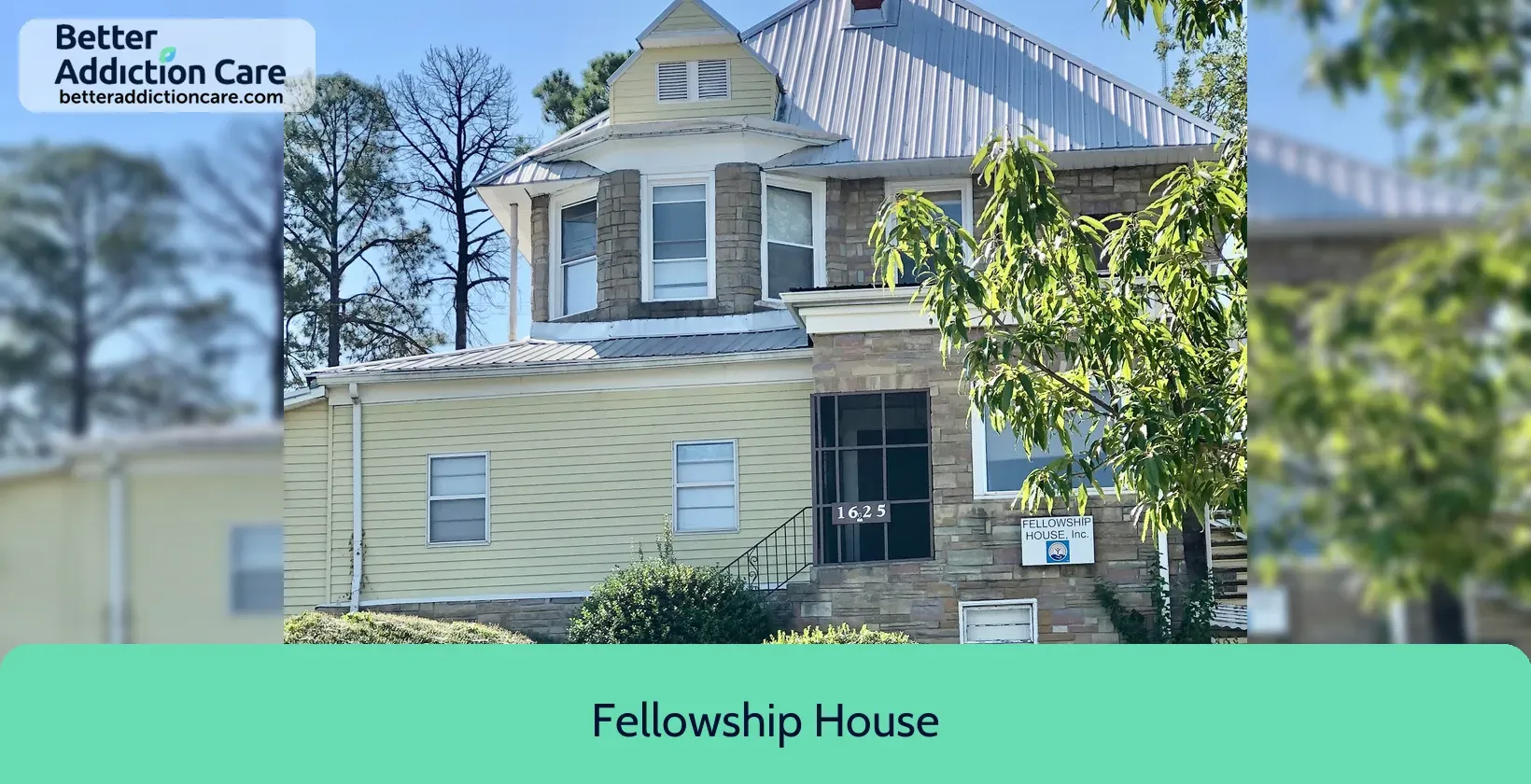Eastlake Group Homes

Overview
Eastlake Group Homes is a mental health treatment center for people seeking treatment near Jefferson County. As part of their treatment modalities for recovery, Eastlake Group Homes provides couples/family therapy, group counseling, and cognitive behavioral therapy during treatment. Eastlake Group Homes is located in Birmingham, Alabama, accepting cash or self-payment for treatment.
Eastlake Group Homes at a Glance
Payment Options
- Cash or self-payment
- Medicaid
- State mental health agency (or equivalent) funds
- Community Mental Health Block Grants
Assessments
- Comprehensive mental health assessment
Age Groups
- Young adults
- Adults
- Seniors
Ancillary Services
- Chronic disease/illness management
- Diet and exercise counseling
- Family psychoeducation
- Illness management and recovery
- Psychosocial rehabilitation services
Highlights About Eastlake Group Homes
6.65/10
With an overall rating of 6.65/10, this facility has following balanced range of services. Alcohol Rehabilitation: 8.00/10, Drug Rehab and Detox: 6.00/10, Insurance and Payments: 6.00/10, Treatment Options: 6.61/10.-
Alcohol Rehabilitation 8.00
-
Treatment Options 6.61
-
Drug Rehab and Detox 6.00
-
Insurance and Payments 6.00
Treatment At Eastlake Group Homes
Treatment Conditions
- Mental health treatment
Care Levels
- Hospital inpatient treatment
Treatment Modalities
- Couples/family therapy
- Group counseling
- Cognitive behavioral therapy
- Dialectical behavior therapy
- Telemedicine/telehealth therapy
Ancillary Services
Additional Services
- Pharmacotherapies administered during treatment
- Mentoring/peer support
- TB screening
Special Programs
- Persons 18 and older with serious mental illness (SMI)
Get Help Now
Common Questions About Eastlake Group Homes
Contact Information
Other Facilities in Birmingham

6.94

6.60

7.67

7.40

6.65

6.71

6.62

7.31
Browse rehab centers near Birmingham and in other cities across Alabama
DISCLAIMER: The facility name, logo and brand are the property and registered trademarks of Fellowship House, and are being used for identification and informational purposes only. Use of these names, logos and brands shall not imply endorsement. BetterAddictionCare.com is not affiliated with or sponsored by Fellowship House.
